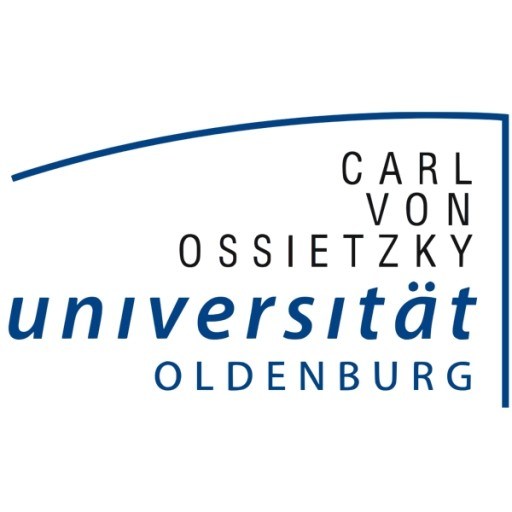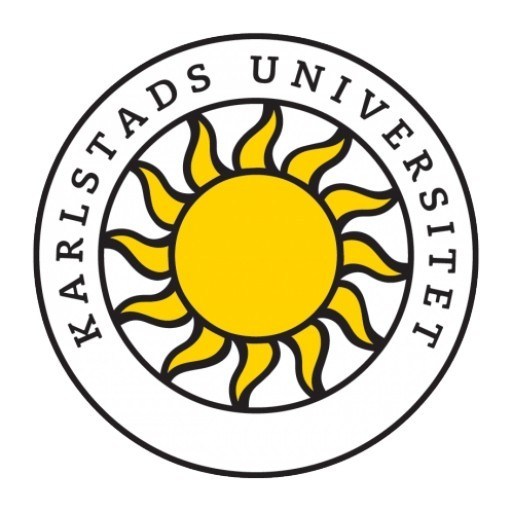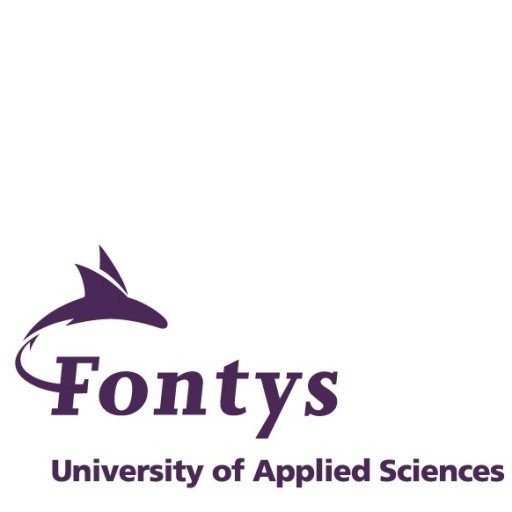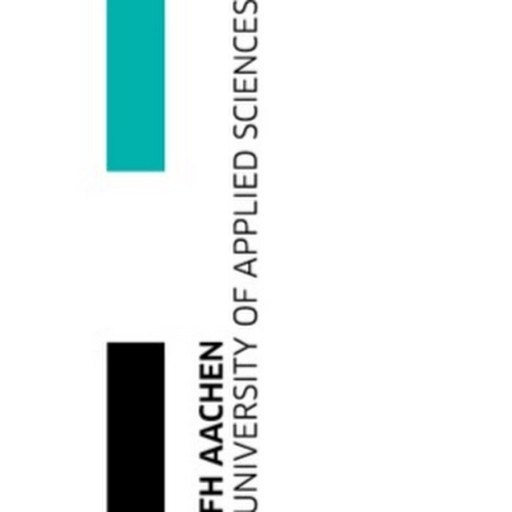Physical Engineering at the Slovak University of Technology in Bratislava is a comprehensive interdisciplinary program designed to prepare students for a wide range of careers in the fields of applied physics, materials science, electronics, and mechanical systems. The program combines theoretical foundations with practical applications, emphasizing innovation, problem-solving, and technological development. Students gain in-depth knowledge of classical and modern physics, mechanics, electromagnetism, thermodynamics, and materials properties, which are essential for designing and optimizing physical systems. The curriculum integrates core courses in mathematics, computer science, and engineering fundamentals to ensure a solid disciplinary background. Additionally, students have the opportunity to specialize in areas such as nanotechnology, mechatronics, renewable energy, and instrumentation, aligning their education with current industry trends and research advancements. The program fosters hands-on learning through laboratory work, project-based assignments, internships, and collaborations with industry partners, enabling students to acquire practical skills and real-world experience. Graduates of Physical Engineering are equipped to develop innovative solutions in manufacturing, energy systems, telecommunications, medical devices, and environmental monitoring. They are prepared for careers in research and development, technical consulting, design, manufacturing, and quality assurance. The program also provides a solid foundation for those wishing to pursue further specialized studies or doctoral research. With a focus on scientific excellence, creativity, and technological innovation, the curriculum aims to develop highly skilled engineers capable of addressing complex physical and engineering challenges in a rapidly evolving technological landscape.
The Bachelor's degree program in Physical Engineering at the Slovak University of Technology in Bratislava is designed to prepare students for a wide range of careers in the fields of physics, engineering, and applied sciences. This interdisciplinary program combines fundamental principles of physics, materials science, and engineering techniques to equip graduates with the knowledge and skills necessary for innovative problem-solving in modern technological environments.
The curriculum covers core courses such as classical physics, thermodynamics, quantum mechanics, and materials physics, providing students with a solid theoretical foundation. In addition, students gain practical skills through laboratory work, experiments, and project-based learning, enabling them to apply theoretical knowledge to real-world problems. The program also emphasizes the development of competencies in computational methods, data analysis, and technical design, which are essential in today's digitalized industry.
Students have the opportunity to specialize in areas such as nanotechnology, optoelectronics, energy systems, and surface physics, tailoring their education to their interests and career aspirations. The program encourages active participation in research projects, internships, and collaborations with industry partners, fostering a strong connection between academia and practical applications. This exposure prepares graduates for careers in research institutions, high-tech industries, and further academic studies.
Furthermore, the program promotes the development of soft skills such as teamwork, communication, and project management, which are vital for successful professional practice. Graduates of the Physical Engineering bachelor's program will be well-equipped to pursue master's degrees or enter the workforce directly, contributing to the advancement of new technologies and innovative solutions in various sectors including electronics, materials engineering, energy, and environmental protection.
The Slovak University of Technology in Bratislava ensures that the curriculum remains aligned with current technological trends and industry needs, providing students with a comprehensive and up-to-date education. Graduates emerge with a strong scientific mindset, technical expertise, and the ability to innovate, making them valuable assets in the competitive global market.
Programme requirements for the Master’s Degree in Physical Engineering at the Slovak University of Technology in Bratislava include a combination of undergraduate coursework, prerequisite knowledge, and language proficiency. Applicants are expected to hold a completed Bachelor's degree or equivalent in a related field such as physics, electrical engineering, materials science, or related engineering disciplines from an accredited institution. As part of the admission procedure, candidates must submit official transcripts demonstrating their academic performance, curriculum vitae, and motivation letter outlining their interest and goals in pursuing the programme. Additionally, proficiency in English is required, usually demonstrated through internationally recognized tests such as TOEFL or IELTS, with minimum score thresholds established by the university. Applicants may also be invited for an interview or written entrance examination to assess their technical knowledge and motivation. Prior coursework or experience in areas such as condensed matter physics, quantum mechanics, semiconductor physics, and materials characterization will be considered advantageous. Knowledge of computer programming and simulation tools relevant to physical modeling is also beneficial. The programme may also require submission of letters of recommendation from academic referees familiar with the applicant's academic and research capabilities. International students must meet visa and residence permit requirements in accordance with Slovak laws. The university encourages candidates demonstrating research interests aligned with the faculty’s focus areas, including but not limited to nanoscale materials, photonics, electronics, and applied physics. Successful applicants are expected to adapt quickly to the academic environment and possess strong analytical, laboratory, and research skills. The overarching goal is to ensure students have a robust foundational knowledge and practical experience necessary to succeed in advanced physical engineering projects and research activities.
The Financial aspects of the Physical Engineering program at the Slovak University of Technology in Bratislava are designed to accommodate a diverse student body, including Slovak and international students. Tuition fees are structured according to the student's nationality and study level. For domestic students, the tuition fee is annually set at a competitive rate, which is subject to adjustment based on university policies and inflation. International students are typically required to pay higher fees, which reflect the costs associated with global student mobility and university resources dedicated to internationalization.
Students can finance their studies through various means. The university offers a range of scholarships and financial aid opportunities, which are awarded based on academic excellence, financial need, or specific criteria related to the student's background or achievements. These scholarships aim to support talented students in completing their education without the burden of excessive financial strain. Furthermore, students are encouraged to seek external funding options, such as governmental grants, private scholarships, or sponsorships from companies collaborating with the university.
In addition to scholarships, students can participate in part-time jobs or internships facilitated by the university's career center or through cooperative education programs. Such opportunities not only provide financial support but also enhance practical experience and employability upon graduation. The university also offers student loan schemes, often in partnership with financial institutions, to assist students with covering tuition and living expenses.
Living expenses, including accommodation, meals, transportation, and personal costs, are to be borne by students independently. Bratislava, being a vibrant capital city, offers various accommodation options ranging from university dormitories to private rentals. The cost of living varies depending on the chosen accommodation and lifestyle but is generally manageable for students who plan their budgets carefully.
International students are recommended to check specific visa requirements and permit regulations, which may include proof of sufficient funds to cover tuition and living costs for the duration of their studies. The university's international office provides guidance and support to students in navigating these financial and administrative procedures.
Overall, financing a degree in Physical Engineering at the Slovak University of Technology in Bratislava involves a combination of tuition fees, scholarships, external funding, part-time employment, and careful management of living costs. The university's commitment to accessibility and support aims to ensure that talented students from diverse backgrounds can pursue their academic goals without undue financial hardship.
Physical Engineering at the Slovak University of Technology in Bratislava offers students a comprehensive education in the principles and applications of physics and engineering. The program is designed to equip students with a solid foundation in fundamental physical sciences, mathematics, and engineering disciplines, preparing them for careers in research, development, and industry sectors where advanced physical knowledge is essential. The curriculum includes coursework in classical and modern physics, materials science, thermodynamics, electromagnetism, quantum physics, and associated engineering topics such as instrumentation, measurement techniques, and manufacturing processes.
Students have the opportunity to participate in practical laboratory work, projects, and internships that foster hands-on experience and problem-solving skills. The program encourages an interdisciplinary approach, integrating concepts from electronics, mechanics, and computer science to prepare graduates for complex technical challenges. Research activities are often associated with cutting-edge fields such as nanotechnology, photonics, and renewable energy technologies, offering students exposure to innovative solutions and emerging technologies.
The faculty at the university comprises experienced academics and researchers who actively contribute to academic advancements and industry collaborations. Students are supported through modern laboratories, research centers, and partnerships with industry stakeholders, facilitating real-world learning and employment opportunities after graduation. Upon completing the programme, graduates can pursue careers in areas such as research and development, technical consultancy, manufacturing, aerospace, energy engineering, and electronics.
The program also emphasizes international cooperation and offers opportunities for students to participate in exchange programs or joint research initiatives with universities abroad. The Slovak University of Technology is reputed for its focus on practical skills and innovation, making the Physical Engineering program a valuable choice for students interested in both theoretical physics and practical engineering applications. The curriculum is regularly updated to reflect technological advancements and to meet the evolving needs of the industry, ensuring that graduates are well-prepared for the competitive job market.
Overall, studying Physical Engineering at the Slovak University of Technology in Bratislava provides an in-depth educational experience, combining theoretical knowledge with practical skills, fostering innovation, and promoting career development in various high-tech sectors.








